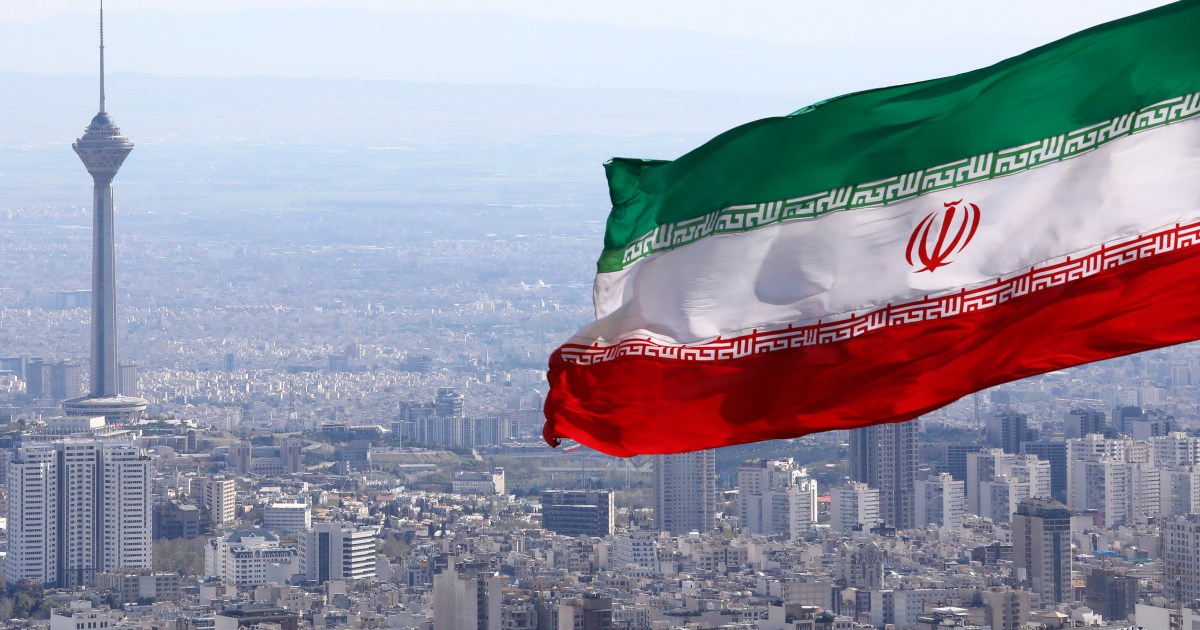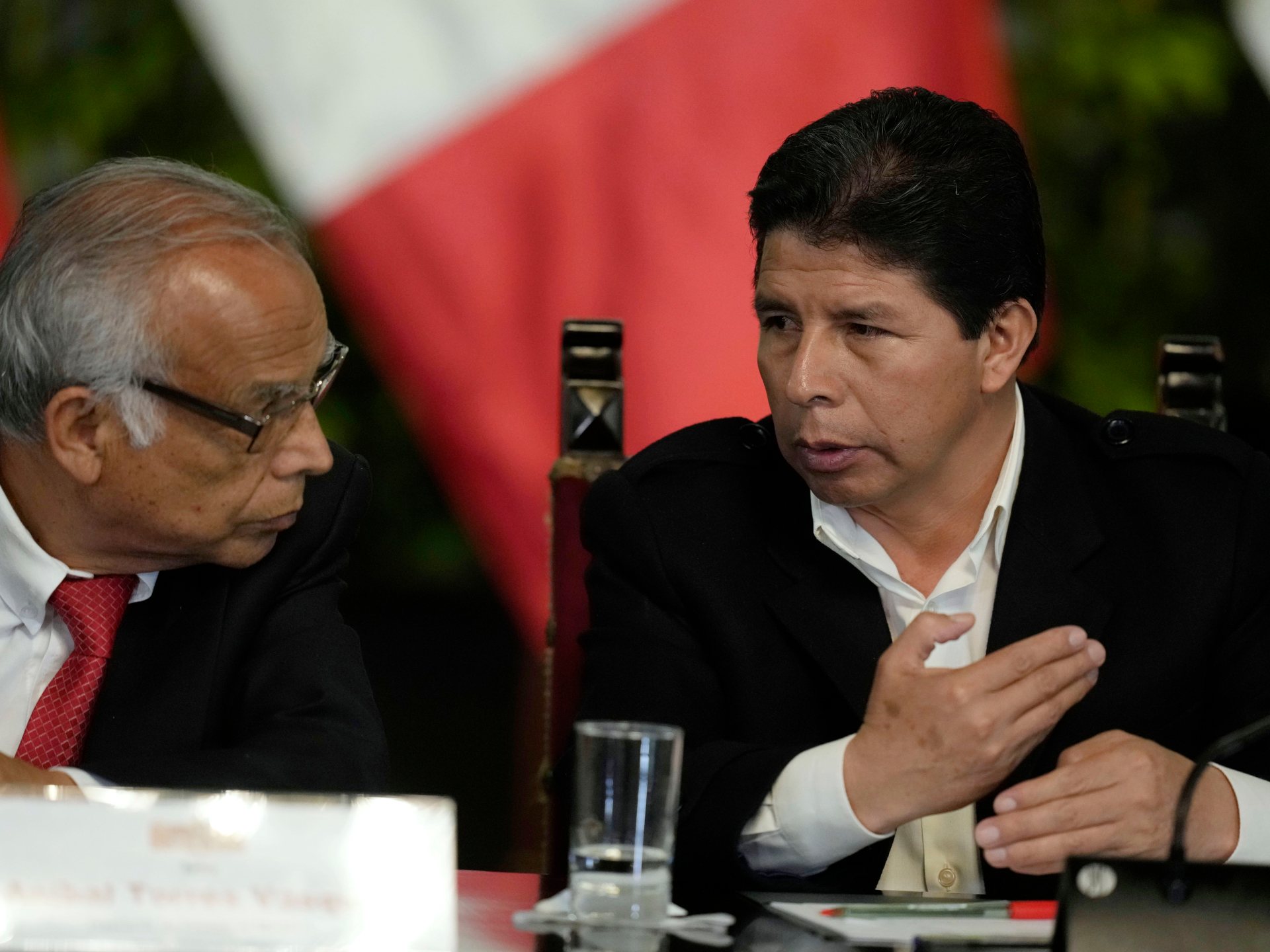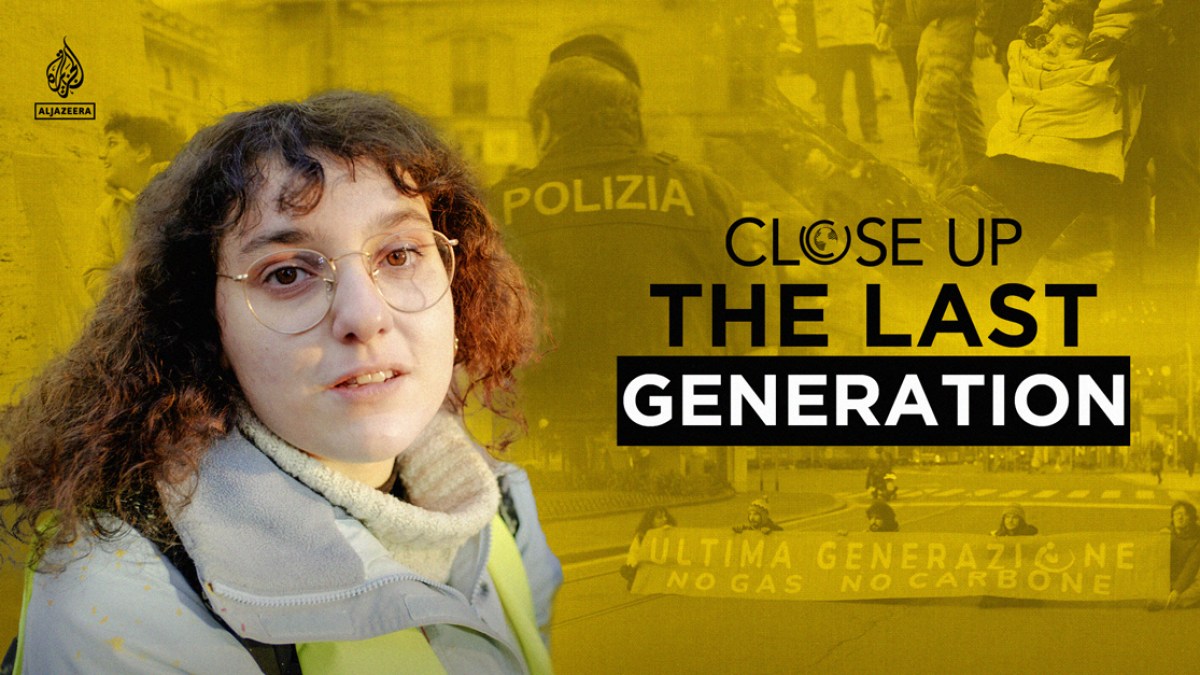Iran says IAEA nuclear report ‘not fair and balanced’ | Nuclear Energy News
The IAEA said it still had questions regarding undeclared nuclear material previously found at three Iranian sites.
Iran has said that a report by the United Nations’ nuclear watchdog on undeclared nuclear material found at three sites was “not fair”.
“Unfortunately, this report does not reflect the reality of the negotiations between Iran and the IAEA,” Foreign Ministry Spokesperson Saeed Khatibzadeh told reporters on Tuesday, referring to a report issued the previous day by the International Atomic Energy Agency (IAEA).
“It’s not a fair and balanced report,” he said, adding: “We expect this path to be corrected.”
The IAEA said it still had questions which were “not clarified” regarding undeclared nuclear material previously found at three sites – Marivan, Varamin and Turquzabad.
It said its long-running efforts to get Iranian officials to explain the presence of nuclear material had failed to provide the answers it sought.
The UN nuclear watchdog also said Monday that it estimated Iran’s stockpile of enriched uranium had grown to more than 18 times the limit laid down in Tehran’s 2015 deal with world powers.
In another report, the IAEA said that it “estimated that, as of May 15, 2022, Iran’s total enriched stockpile was 3,809.3 kilograms”.
The limit in the 2015 deal was set at 300kg of a specific compound, the equivalent of 202.8kg of uranium.
The report also says that Iran is continuing its enrichment of uranium to levels higher than the 3.67 percent limit in the deal.
The latest reports came as talks to revive a landmark 2015 nuclear deal between Iran and major powers remain deadlocked after stalling in March.
The agreement had given Iran relief from crippling economic sanctions in exchange for curbs on its nuclear activities designed to prevent it from developing an atomic bomb – an ambition it has always denied.
Former United States President Donald Trump unilaterally pulled out of the pact in 2018 and reimposed biting sanctions on Tehran, prompting Iran to begin rolling back on its own commitments.
One of the main sticking points is Tehran’s demand – rejected by Washington – that the Islamic Revolutionary Guard Corps, the ideological arm of Iran’s military, be removed from a US terrorism blacklist.
Iran saw an Israeli hand in the IAEA’s findings. “It is feared that the pressure exerted by the Zionist regime [Israel] and some other actors has caused the normal path of agency reports to change from technical to political,” Khatibzadeh said.
Earlier, Iran’s representative to the IAEA, Mohammad Reza Ghaebi, said the report “does not reflect Iran’s extensive cooperation with the agency”.
“Iran considers this approach unconstructive and destructive to the current close relations and cooperation between the country and the IAEA,” he said, adding: “The agency should be aware of the destructive consequences of publishing such one-sided reports.”





Pingback: vehicle shipping
Pingback: lsm99.gdn
Pingback: caluanie muelear oxidize buy
Pingback: free chat
Pingback: Bauc ET
Pingback: ทางเข้า lucabet